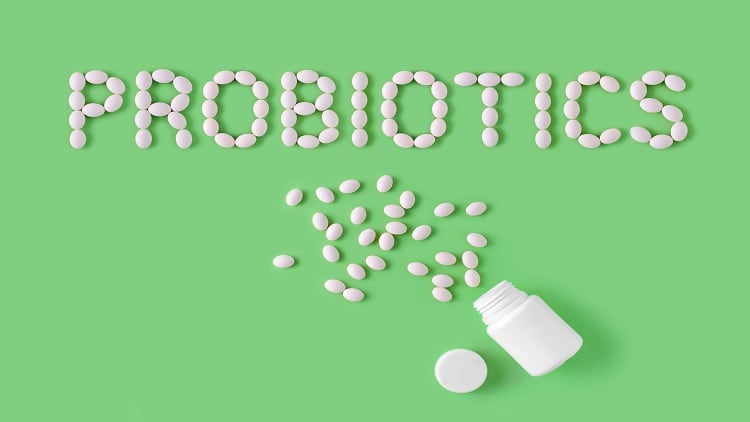The postbiotics, Lactobacillus helveticus MCC1848, also marketed as LAC-Living+, has been introduced to the domestic Japanese market for about five years and is incorporated into over 100 products.
Examples include carbonated drink by Topvalu - the in-house brand of Japanese grocery retail chain AEON, as well as vinegar drinks that can be taken after diluting it with drinking water.
Others include supplements in the form of tablets, candies, and snacks.
The postbiotic is now available to global markets, based on consumer insight showing growing demand for mood support functional foods, Saki Yamashita, assistant manager, marketing group, Functional Food Ingredients Division at Morinaga Milk told NutraIngredients.
Citing data from FMCG Gurus, she pointed out Gen-Z and Millennials being the key consumer groups interested in ingredients, food, and beverages associated with mood-boosting benefits.
“Many people are looking into products for supporting brain function, but when it comes to the market for mood state, it is the younger people who are more interested in this area, based on global data,” said Yamashita.
Based on FMCG Gurus 2024 data, the proportion of individuals keen in mood boosting foods was highest among the Millennials, with one out of two (52%) interested in such products.
Gen Z came in second with 47% expressing interest in these products, followed by Gen X (46%), and lastly the baby boomers (34%).
“Since we already have examples of finished products containing this postbiotics in Japan, we would probably focus on APAC for the international launch then gradually spreading into different regions,” she said.
Asia-Pacific consumers are seeking healthier food products, with 53% said they were consciously trying to improve their health.
However, food prices have been consistently ranked among the top three concerns in almost all markets in the APAC region, making affordability an important factor, according to NielsenIQ.
Clinical data
There are two human clinical studies backing the effects of L. helveticus MCC1848 in maintaining a positive mood.
Both were four-week studies tested in randomized, placebo-controlled trials and used surveys such as Profile of Mood States (POMS2) and Positive and Negative Affect Schedule (PANAS) to assess the impact of the postbiotic.
One of the studies, which involved 46 nursing students preparing for stressful clinical trainings, reported that supplementation of the postbiotic had significantly improved positive emotion under the PANAS scale as compared to the placebo group. The “negative emotion” score remained unchanged for the intervention group.
During the clinical trial, the intervention group was supplemented with five billion heat-killed L. helveticus MCC1848 cells daily, and the other given placebo.
“These results suggest that heat-killed L. helveticusMCC1848 can specifically improve positive mood without affecting negative mood," the researchers wrote in Brain Sciences.
The other study, published in Beneficial Microbes, reported that supplementation of the postbiotic had significantly improved friendliness and relaxed scores - which are two indicators of positive mood status.
A total of 58 people took part in the study, with the intervention group taking five billion heat-killed L. helveticus MCC1848 cells daily.
Similar to the other study, supplementation of the postbiotic had no significant effects on negative mood state items, such as anger and nervousness.





